The Process of Whole Home Repiping in Tucson
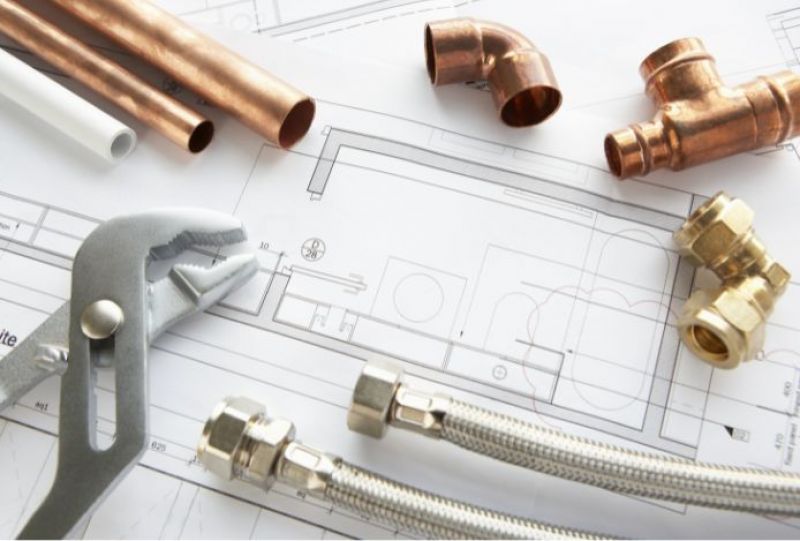
TL;DR: If you’re noticing issues like low water pressure or discolored water in your Tucson home, it might be time for a whole-home repiping. Aging homes and hard water in the area contribute to plumbing problems, necessitating a thorough repiping process. This involves inspection, material selection (such as copper or PEX), and four main steps: removal of old pipes, installation of new ones, testing, and restoration. Proper preparation, including clearing work areas and potentially finding alternative accommodations, is crucial. Post-repiping maintenance is essential for ensuring long-term functionality. Rootin Tootin Rooter offers professional repiping services in Tucson, providing improved water quality and system reliability for homeowners.
When you start noticing issues with your water pressure, discolored water, or frequent leaks, it’s time to consider a whole-home repiping. This process involves replacing all the old and worn-out pipes in your home so you have a functional and safe water system.
In Tucson, there’s a greater need for repiping because of several factors. The age of many homes in the area means that the plumbing systems aren’t up-to-date with current standards. Also, the water in Tucson is naturally hard, which can speed up the wear and tear on pipes, leading to more frequent issues.
In this article, we’ll go over the process of whole-home repiping in Tucson. With this information, you can make your home’s plumbing system efficient and ready to serve you for many years.
Understanding the Need for Whole Home Repiping
Pipes, like anything else in your home, have a lifespan. They age over time, corrode, or simply wear out, leading to many problems with your water supply. You should keep an eye out for a few signs indicating your pipes might be on their last legs:
- Unusually Low Water Pressure. This can mean the pipes are clogged or corroded to the point where water can’t flow freely.
- Discolored Water from Taps. It often means there’s rust in the pipes, which is a sure sign they’re degrading.
- Recurring Leaks In the Plumbing System. This is another indication the piping system needs repairs, and they cause other water damage.
- Noticeable Corrosion On Exposed Pipes. Rust weakens pipes and leads to water quality issues.
Why Tucson Homes Are at Risk
Most of the housing units in the Tucson area were built around 1978, making them and their pipes over 45 years old. The plumbing in older homes is made from materials like cast iron, galvanized steel, and polybutylene plastic. These materials didn’t hold up to the test of time and are unsuitable for today’s plumbing standards. That means many Tucson homes have pipes reaching the end of their usefulness.
But it’s not just the age of these homes that puts them at risk; it’s also the water. Tucson deals with hard water, which is notorious for speeding up the degradation of pipes. The minerals in hard water can accumulate over time, leading to blockages and corrosion.
The Process of Whole Home Repiping
The first step of full home repiping is having a plumber thoroughly inspect your system. You can expect them to check the condition of your existing pipes, look for signs of corrosion or leaks, and assess the water pressure.
This inspection will help them decide which materials to use for the repiping process. Some popular choices are copper and PEX pipes, considering Tucson’s unique water conditions.
The Repiping Stage
The repiping process itself isn’t very complicated, but it takes time and expertise. It typically unfolds in four main steps:
- The old piping is carefully removed, which might involve cutting into walls, ceilings, or floors to access the pipes.
- They install the new pipes. This step is done with attention to detail to avoid any future problems.
- After the new pipes are installed, the plumbers test the new system to find leaks and ensure optimal water pressure.
- The parts of your where the repiping took place need fixing. That includes repairing drywall, repainting, and restoring any other finishes to their original condition.
The entire process can take a week or more, depending on the size of your house and the complexity of your plumbing system. A professional team will do their best to minimize the inconvenience, but you can still expect some commotion.
Preparing Your Home for Repiping
When you’re getting ready to repipe the plumbing in your home, the first thing you need to do is clear the work areas. That means moving furniture, rugs, and personal items away from walls where pipes run. Even though the plumbers will be careful, it’s better to be safe and remove the things you wish to protect.
Repiping an entire house is a big job, and staying home while the plumbers are working can be impractical or impossible. Ask your plumber about the timeline and what to expect. They can give you a good idea of whether you’ll need to find an alternative place to stay.
Choosing the Right Repiping Materials for Your Home
Your home’s plumbing system is a collection of pipes that supplies clean water while removing waste efficiently. The materials you choose will directly impact the system’s durability, functionality, and safety. The consequences of poor material choices are more frequent repairs and reduced water quality. In some cases, the plumbing system fails and needs replacing again.
When it comes to picking the materials for repiping your home, it pays to know your options and understand how they fulfill the demands of your local environment:
- Copper Pipes. These pipes can last for decades, resisting most forms of corrosion and withstanding high temperatures. They’re pricier compared to other materials. Moreover, if you’re in an area with hard water, copper pipes might be prone to faster corrosion, leading to leaks and other issues that could compromise your home’s plumbing system. Despite these considerations, the longevity and performance of copper often justify its cost.
- PEX Pipes. A more modern alternative known for its flexibility and resistance to scale buildup and chlorine damage. These qualities make PEX an attractive option, especially for homes in areas with water quality issues. Because of the lower material and installation costs, PEX pipes aren’t as expensive as copper. Their flexibility allows for quicker and less invasive installation work. However, it’s worth noting that PEX doesn’t have a long-standing track record as copper, particularly in terms of longevity.
Aftercare and Maintenance
Following a repiping job, your home’s plumbing system will need proper care to keep working efficiently. You should establish a maintenance routine, which includes:
- Checking for leaks
- Monitoring water pressure
- Cleaning aerators on faucets to prevent clogs
You should also inspect the exposed pipes in basements, crawl spaces, and utility rooms for signs of moisture or corrosion. If you notice a drop in water pressure or discolored water, these could be early warnings of potential issues that need addressing.
Make it a habit to have a professional plumber perform a detailed inspection of your plumbing system annually. This approach will help you identify and fix minor problems and extend the lifespan of the repiping work.
Find the Best Plumbing Service in Tucson, Arizona
When you invest in this significant home improvement project, you’re preventing potential disasters caused by old, corroded pipes. You’re also improving the overall value of your property. You’ll experience a noticeable difference in your water’s quality and flow and the reliability of your home’s plumbing system.
If you’re ready to give your home’s plumbing a much-needed makeover, Rootin Tootin Rooter has you covered. Our company can help you repipe, fix, and maintain your plumbing system. Our experienced plumbers use high-quality parts that will keep your system in good repair for many years.
So, why don’t you give us a call and let us take care of the process of whole home repiping in Tucson? With us, you never have to worry about your leaky pipes again!
FAQ
How do I know if my home needs whole-home repiping services from Rootin Tootin Rooter?
Look out for signs like low water pressure, discolored water, frequent leaks, or noticeable corrosion on exposed pipes. If you’re experiencing any of these issues, it’s a good idea to contact Rootin Tootin Rooter for a thorough inspection and assessment of your plumbing system.
What sets Rootin Tootin Rooter apart from other plumbing service providers for whole-home repiping?
Rootin Tootin Rooter stands out for our expertise, reliability, and dedication to customer satisfaction. With years of experience in the industry, our professional plumbers offer comprehensive repiping services, transparent pricing, and prompt responses to inquiries. We prioritize your home’s safety and convenience, making us the ideal choice for all your repiping needs.
How long does the whole-home repiping process typically take with Rootin Tootin Rooter?
The duration of the repiping process depends on the size of your home and the complexity of your plumbing system. However, our professional team strives to complete the job efficiently while minimizing disruption to your daily life. We’ll provide you with a clear timeline and keep you informed throughout the process.
What materials does Rootin Tootin Rooter use for whole-home repiping, and how do they affect the durability of my plumbing system?
Rootin Tootin Rooter offers a selection of high-quality materials for repiping, including copper and PEX pipes. Both materials offer durability and resistance to corrosion, ensuring the longevity and reliability of your plumbing system. Our experienced plumbers will help you choose the best option based on your specific needs and budget.
Other Blogs You May Be Interested In

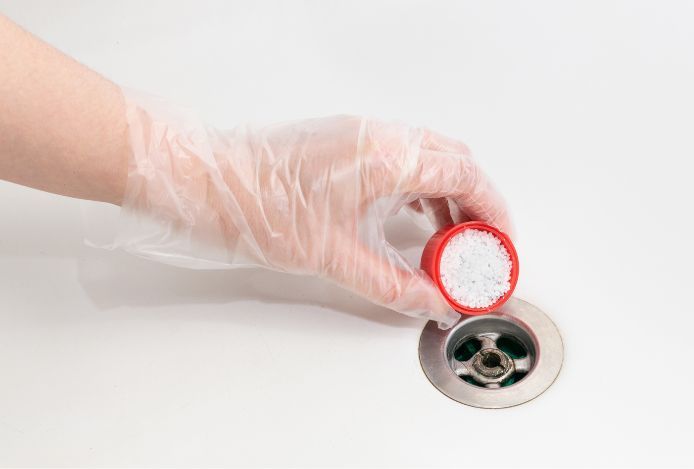

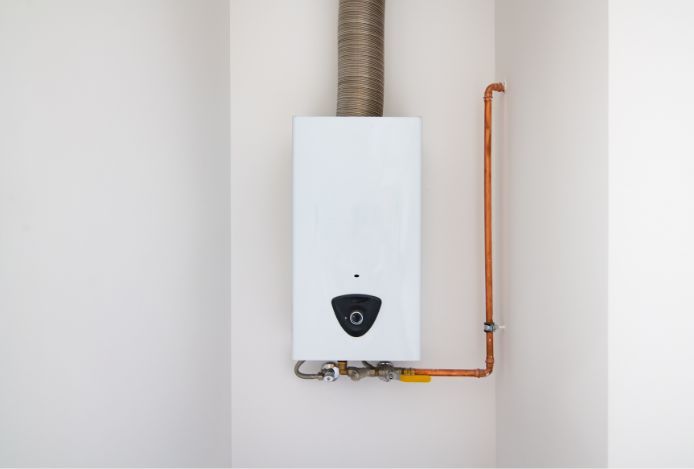
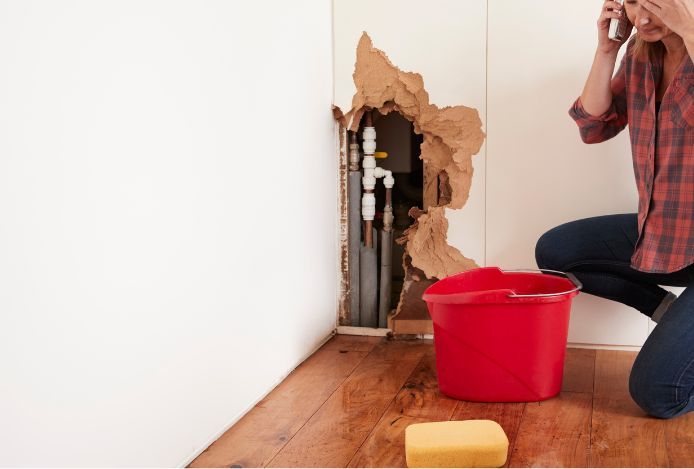
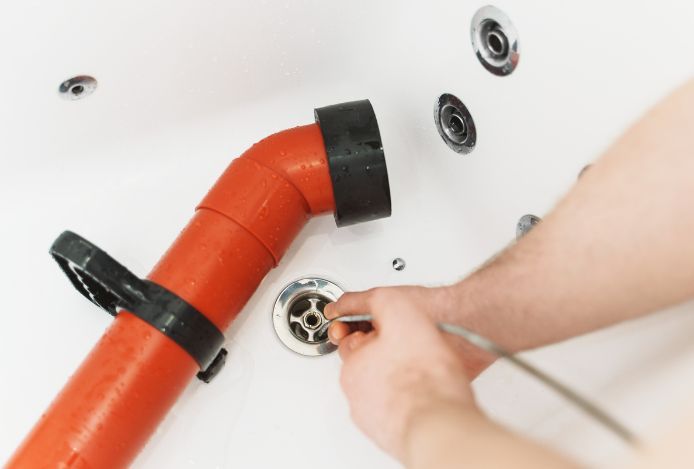
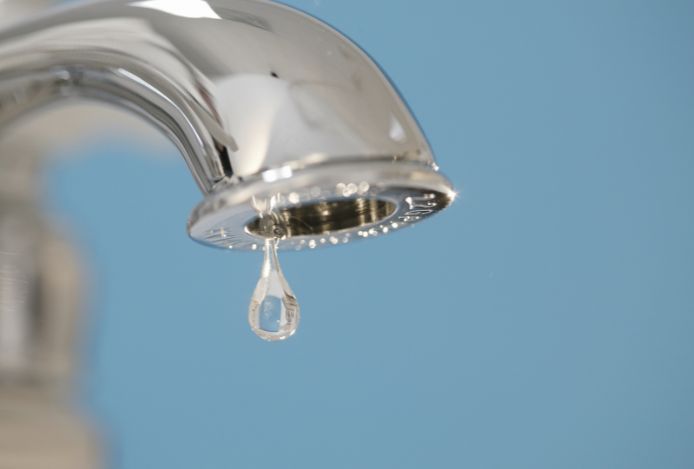
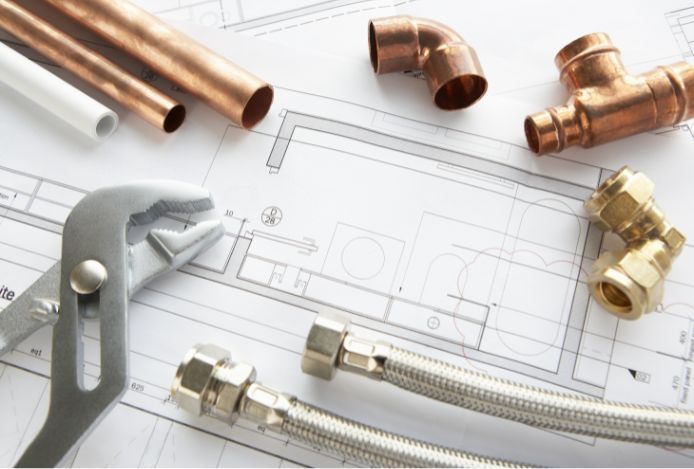
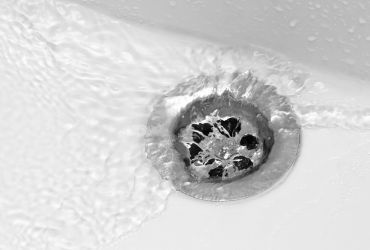
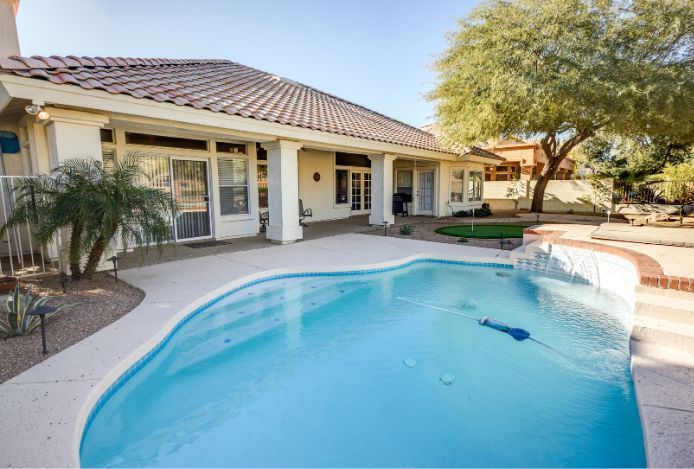
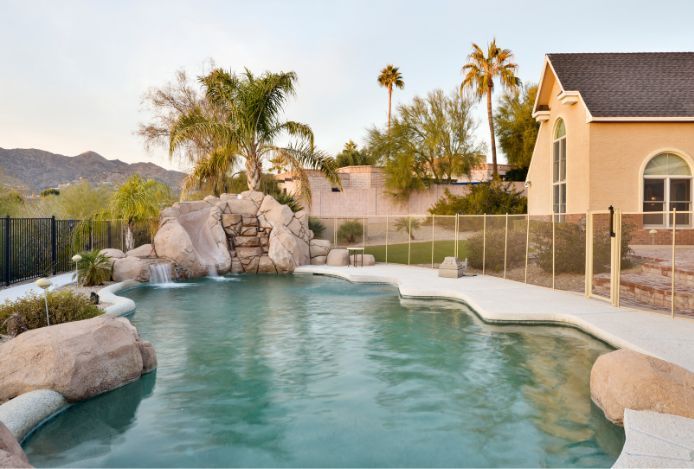
Leave a Reply